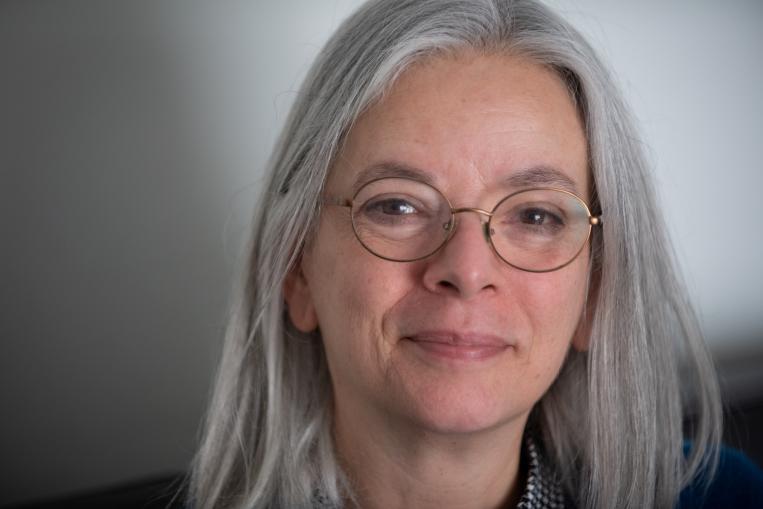The project "Science for the Common Good" aims to work on the Contribution of Integral Ecology for Curricular Innovation (and Quality): How to promote an Integral Ecology Culture at UCP? How to enhance academic achievement by adopting an Integral Ecology cultural framework? The starting point is a good one, a kind of sustainability, as Pope Francis said: "The best ecology always has an educational dimension that can encourage the development of new habits in individuals and groups. […] A sound and sustainable ecology, one capable of bringing about change, will not develop unless people are changed, unless they are encouraged to opt for another style of life […]." (Pope Francis, Querida Amazónia, 58).
For organizational and educational purposes, Integral Development and Integral Ecology require a new "social anthropology" capable of addressing the Educational Needs of a new generation and a new complex cultural framework. Practices can thus be theorized as an Educational Goals Definition arising from Integral Ecology, which we define as a "Goals of Human Activity Map." These maps offer University Academic Units some specific Integrated Organizational & Teaching Principles: Common Good, Social Ethics, and "Educational Work"; and address students' needs as the most transformative Learning Processes: Skills, Syllabus Subject topics, and "Ecological Citizenship."
The observational tasks, semi-experimental implementations, and discussions allowed us, to a certain degree, to identify the model's strengths and weaknesses, and to detect the main opportunities and threats within a defined horizon (3 years).



